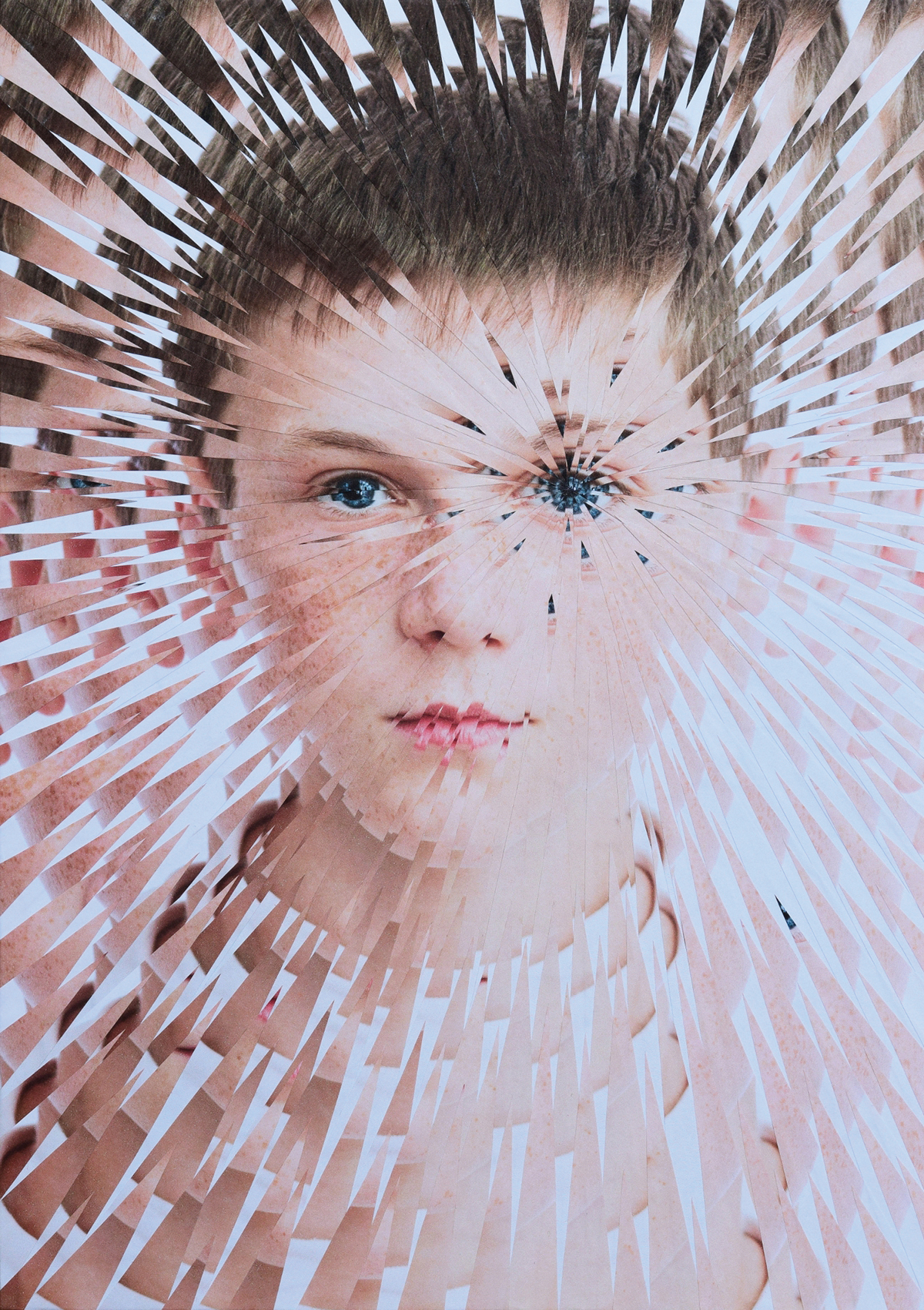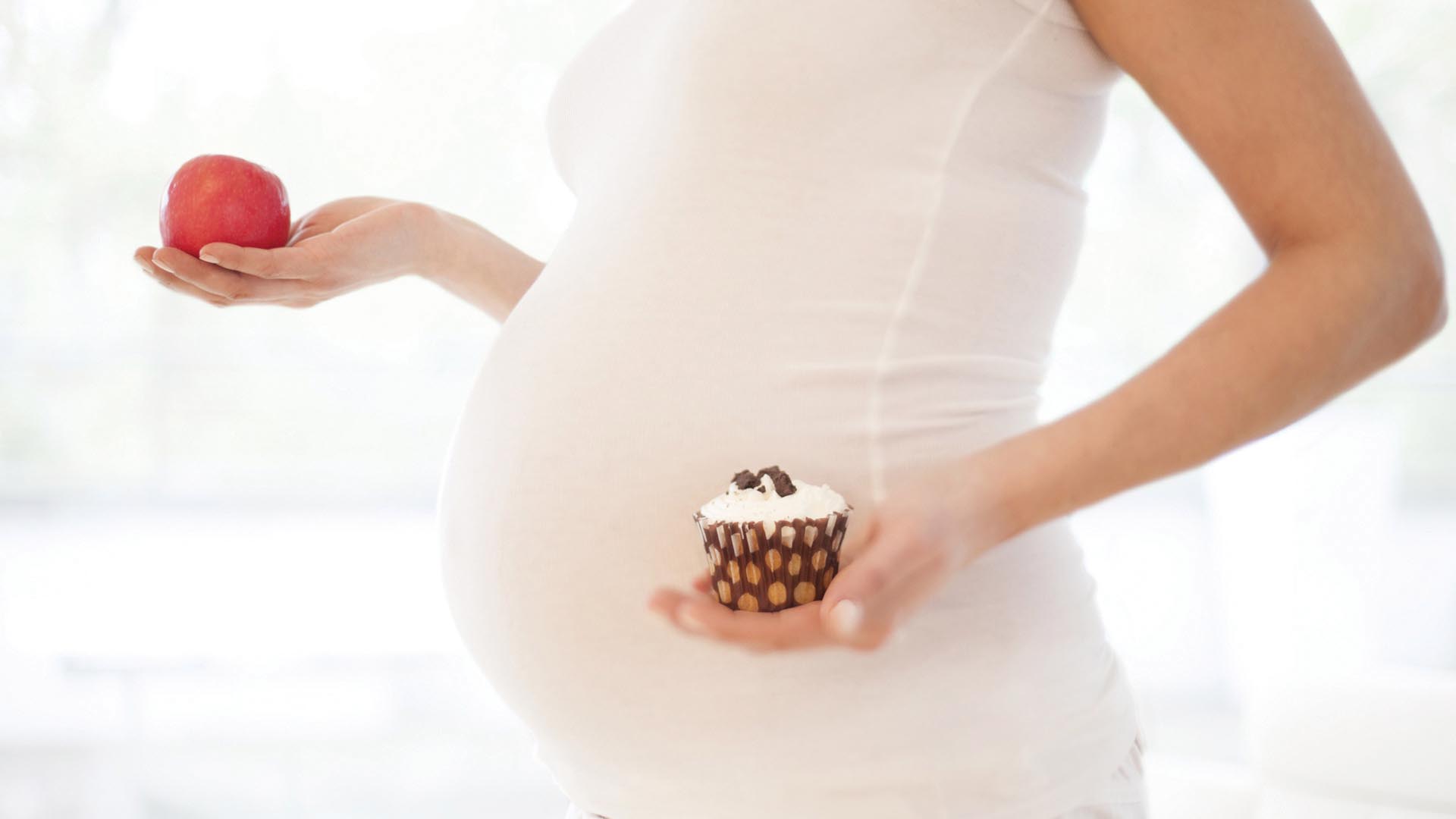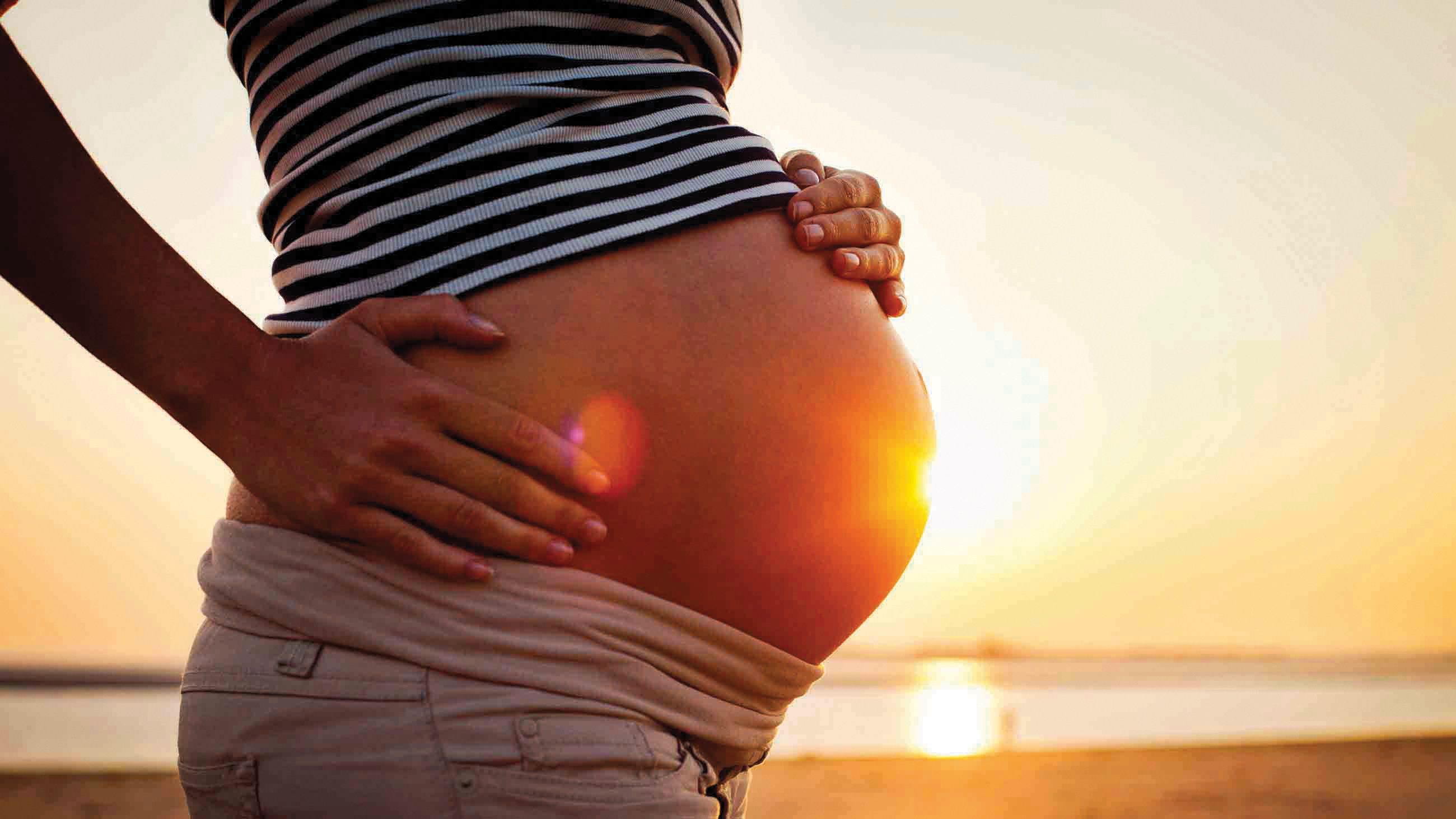What was your very first thought? Do you remember your first memory, the first word or maybe even the moment of birth?
For years, I tried to recall my first remembrance of myself, and the earliest recollection comes from me being four-year-old enjoying summer. Does it mean I was not conscious before it? Of course, not.
By this age, I already knew many amusing stories and even managed to manifest myself through a bold red first letter of the alphabet in my father’s passport. You may say that memory and consciousness is not the same thing. Let’s figure out what is the consciousness.
The simple definition of not so simple notion is sensory awareness of self and the world. The foetus is for sure aware of the body, which it constantly examines, and which response to stimuli.
However, these reactions may have the non-conscious origin, as the foetus is continuously asleep. Does the embryo remember what it sees in the dream? Do you remember your first thought? Threeyear-old, two-year-old, one-yearold you or maybe while being in the womb?
Australian Rebecca Sharrock remembers every single day of her life from the very beginning. The 27 yearsold diagnosed with a rare syndrome called “Highly superior autobiographical memory” recalls being newborn in the pink blanket. There are about 60 people worldwide with the same memory. Nevertheless, even they do not remember what was before the birth.

WHAT DOES FOETUS SEE IN THE DREAM?
Do you remember being 11-week-old when you first started exploring your body? For decades, researchers study what babies feel, see and hear in the womb, but 20-week-old you should definitely remember hearing your mother’s voice for the first time.
By the 27 weeks, you started to respond to sounds. Bright light disturbs you at 30 weeks, and the 32-week-old you started enjoying music.
Do you remember how you moved less while your mother watched those sad films? Or the time she laughed so hard that you ‘jumped’ as if on a trampoline?
Today scientists believe that infants become conscious two months after the birth. However, the embryo does not need to be born to start analysing the world and prepare to embrace it. Here, the mother is not only an incubator but also a strong influencer.
WHAT CAN YOU TEACH YOUR BABY BEFORE THE BIRTH?
The prenatal development plays a key role in the functioning of the human brain, while any developmental conditions will inevitably affect the whole life.

SPEAK UP YOUR LOVE
No, you should not listen to Mozart all days long while expecting your child, scientists say. This will not help your kid develop good taste in music. However, music that the mother enjoys the most has a long-term effect on the brain of the foetus.
Your voice is what your baby needs to hear more: speak to your child and introduce the father – 23-week-old foetus hears not only the inner noises but also sounds from the outside world. Tell your baby how you love it, teach the embryo what is love.
Hearing your voice is not only a way to be acquainted and create a strong bond with the child after the birth. You can read books that you already bought for your child, so it gets familiar with the patterns of sounds. This will comfort the newborn faster when you will read the same story in the future.
You can also teach languages to your unborn baby. Experiments show that newborn babies of Frenchspeaking mothers turn to French-speaking person, so do babies of Russian-speaking mothers as well. Toddlers even cry with the intonational and vocal properties of the mother tongue! If you know more than one language, practice them with the foetus, so your baby adapt quickly to new language environments in the future.
While sound will be your primary source of communication, you should not neglect touch, vision, and taste.

HEALTHY DIET FOR HEALTHY FUTURE
Eating healthy is not only the way to grow the healthy child, but also teaching your soon-to-be-born kid about healthy food choices in the future.
At the seventh month of pregnancy, the foetus can already distinguish between tastes and get familiar with the cuisine its mother eats through the amniotic fluids. So eat healthy if you want your child to get used to healthy diet for life.
Moreover, researchers believe that the diet of pregnant woman influences the future abilities of her child. That is why pregnant women tend to eat food rich in Omega 3 fatty acids, which is associated with better verbal intelligence and social skills. Everything the women experience during the pregnancy affects the child as well. And that has its pluses and minuses.
GOOD VIBES ONLY
The emotional state of the mother during pregnancy determines the emotional reaction of the child: if the mother is worried or depressed, the child feels the same for months after the birth. To the contrary, when the mother is happy, the baby has strong immunity.
Try to stay emotionally stable mostly during the fourth, fifth and sixth months of the pregnancy, when the child’s emotional system is formed.
It is also well-known that stress is harmful to the embryo, however, today researchers believe a moderate level of stress accelerates developments of the nervous system of the foetus, which means that these babies have more mature brain by the time they born.

So do not worry, if you feel some stress from your work during pregnancy, it may help your child develop better motor and mental abilities in the future and deal with stress.
The consciousness of the embryo is still an open question. What we can be sure about is that the more happy and healthy the pregnant woman is the healthier and happy her child will be.
TEXT NIGAR ORUJOVA
PHOTO PRESS-MATERIALS











